In today’s SFZ, Step Two of the Twelve Steps calls for belief in “a Power greater than ourselves,” a concept that challenges many. The Basic Text of Narcotics Anonymous reveals a common struggle: many newcomers initially reject the spiritual element. They seek help for addiction but resist admitting a need for faith or a return to sanity. This denial can stall progress in recovery.
William James, in The Varieties of Religious Experience, argues that spiritual transformation begins with surrender. He explains that belief in a higher power is not about dogma but about restoring psychological balance. When people acknowledge their limitations, they open themselves to healing.
As Bill Sees It clarifies this higher power as loving, purposeful, and just. It frames God—or a higher power—as a force that offers direction and meaning, not judgment. This idea counters punitive notions of divinity and aligns with Carl Jung’s view in Modern Man in Search of a Soul. Jung suggests that spiritual experience satisfies a deep psychological need and fosters wholeness.
Einstein’s quote complicates the discussion. He rejected a personal God who mirrors human flaws. Instead, he revered a cosmic intelligence beyond human traits. For some in recovery, this broad definition makes the higher power more accessible. They find comfort in a force that does not judge but sustains.
Ultimately, Step Two is not about theology. It’s about openness. When individuals embrace the idea of a power greater than themselves—however they define it—they unlock the potential for hope, healing, and lasting recovery.


Leave a Reply